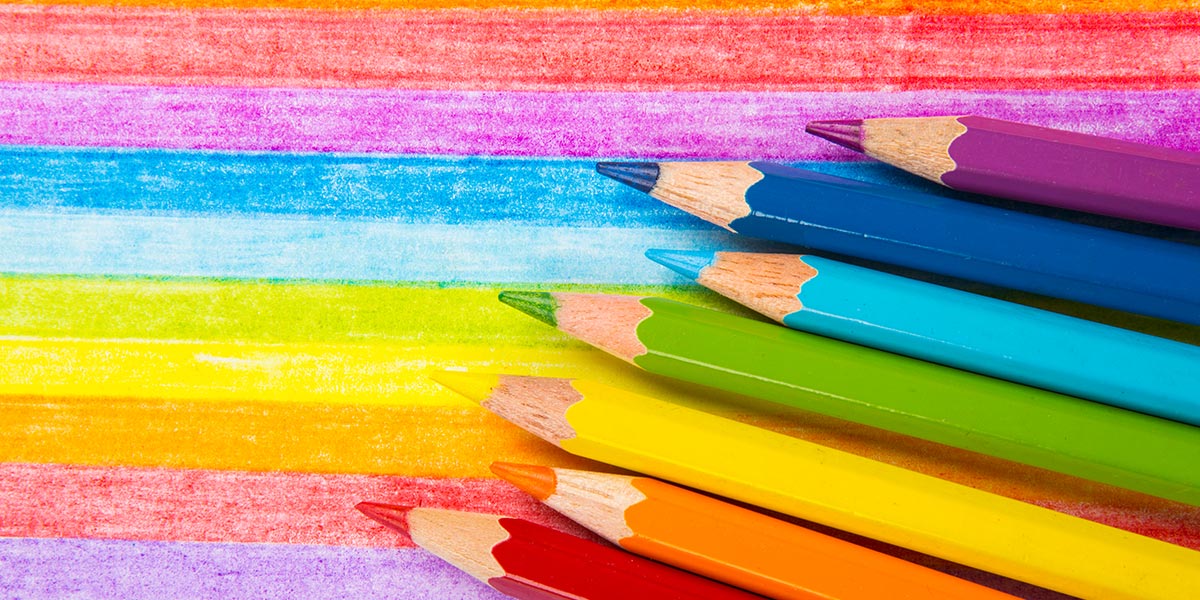Uproar over LGBTIQ inclusion in South African schools’ textbooks

South African schools are slowly moving towards teaching and including LGBTIQ+ realities in their classrooms and curricula, but not everyone’s happy about it.
According to a controversial Sunday Times report, the Department of Basic Education is in the process of overhauling its textbooks to be more inclusive of sexual and gender minorities and same-sex families.
This after an evaluation team appointed by Minister Angie Motshekga found that LGBTIQ people were referenced only twice across 38 textbooks in nine subjects.
The newspaper said that around 100 experts, including well-known sexologist, Dr Marlene Wasserman (Dr Eve), had been consulted by the department to create ” a cutting edge” sexual education curriculum.
The Sunday Times article caused consternation in certain quarters. Conservative Christian lobby group Freedom of Religion South Africa (FOR SA) warned parents about children “being taught about sex and sexuality, which may be in conflict with their own values, belief and opinions.”
Michael Swain, Executive Director of FOR SA called for parents to “have the option to withdraw their child/ren from such teaching in the event that it conflicts with their own value systems.”
The Rev Kenneth Meshoe, president of the African Christian Democratic Party (ACDP), said that he intends to fight the government’s plan to treat “masturbation, gender nonconformity and single parent families as a mainstream.”
Meshoe asserted that, “What the Department of Basic Education plans to do is wicked and must be stopped.”
In a responding statement, the department said that the Sunday Times article was misleading in that it incorrectly reported that children would be taught about sexuality, including masturbation, from Grade 4.
Department spokesperson Elijah Mhlanga told MambaOnline that diverse sexual education would only be taught from Grade 7 and not Grade 4. He explained that what the department was indeed doing was updating and revising all its textbooks across all subjects and grades to be inclusive of all people and not be “discriminatory in any way.”
“A task team found that there were inconsistencies and there was bias towards certain people [in the textbooks],” said Mhlanga. “For example, we found that the concept of family is represented as being between man and woman, whereas in the country today, we could have a man and a man with a child or a woman and woman with a child. That is also a family. But in our textbooks, that’s not reflected as such. These inconsistencies are going to be dealt with and the process has already started to fix it.”
Mhlanga continued: “There are also people who prefer not to call themselves a man or woman, or are intersex or transgender. It’s there in real life; textbooks cannot pretend they are not there. We need to correctly reflect that because if we don’t and young people find that in society, there will be confusion.”
He added: “We are not in the business of indoctrinating children, we are exposing them to information. That process is going to be done.”
The issue of teaching or including diverse sexualities and gender identities in school curricula has also caused controversy internationally. In February, it was announced that a new compulsory relationships and sex education curriculum policy will be implemented in the UK from next year. Some parents have protested against the move and have demanded they be allowed to pull their children from lessons that cover same-sex relationships and gender diversity.
56% of LGBT South Africans experience discrimination in school
Last week, it was reported that Wynberg Girls’ High in Cape Town would become the first all-girls government school in the country to welcome a transgender pupil into its halls.
The teenager, who has previously gone to boys’ schools, will start attending the school from July. The case has prompted the Western Cape Department of Education to start developing policies to help schools be more inclusive of LGBTIQ pupils.
“There has not been a departmental policy, we are only really drafting it right now. There are quite a few principles at schools who have been dealing with these issues over the past few years and needed guidance on it and there is no national or provincial policy on this,” Bronagh Hammond, Western Cape Department of Education spokesperson, told CapeTalk.
LGBTIQ people often face discrimination and bullying in schools in South Africa. According to a 2016 Love Not Hate report, 56% of LGBT South Africans surveyed said they’d experienced discrimination based on their sexuality or gender identity while attending school.
Last month it was reported that a 14-year-old lesbian girl in Port Elizabeth had missed weeks of classes because she was too terrified to return to school after she was bullied because of her sexuality.
Roché Kester, Hate Crimes Manager at OUT LGBT Well-being, welcomed efforts to include the LGBTIQ community in the curriculum.
“We view this as a proactive step taken by the Department of Basic Education that will help to create a culture of understanding and knowledge sharing within our society,” she said. “If knowledge like this is dispersed to pupils at a young age, it broadens their understanding of the diverse society in which we exist.”
Kester noted that not all children receive this kind of teaching from their parents and thus schools should be able to step in.
“This move by the department will ensure that the existence of various gender identities and sexual orientations is normalised in our society, thereby creating a culture of inclusivity, where hatred, bullying and violence are inexcusable.”
Leave a Reply